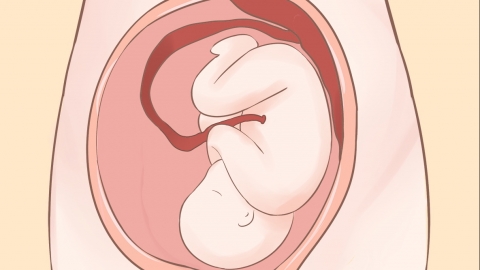Can placenta be eaten, and what are its functions and benefits?
Under normal circumstances, the placenta can be edible after professional processing. Its functions and effects generally include supplementing protein, providing trace elements, promoting lactation, improving immune function, and assisting in regulating endocrine functions. However, effectiveness may vary among individuals. A detailed explanation is as follows:

1. Supplementing Protein: The placenta is rich in high-quality protein. When consumed after proper processing, it provides essential amino acids to the body, aiding in tissue repair and maintaining bodily functions. It is suitable for individuals needing additional protein intake.
2. Supplementing Trace Elements: The placenta contains various trace elements such as iron, zinc, and calcium. Iron may help alleviate symptoms related to iron-deficiency anemia, while zinc supports normal physiological functions, providing multiple nutrients to the body.
3. Promoting Lactation: Traditionally, the placenta has been believed to have a lactogenic effect. Some postpartum women may experience increased milk production after consumption. However, its effectiveness depends on individual constitution and method of consumption, and it may not work for everyone.
4. Improving Immune Function: Components such as immunoglobulins in the placenta may theoretically regulate the immune system, helping to enhance resistance. However, this effect should be considered in conjunction with individual conditions and cannot replace standard immune-modulating treatments.
5. Assisting in Regulating Endocrine Function: The placenta contains small amounts of hormones, such as estrogen and progesterone, which may help regulate hormonal imbalances. However, consumption should be cautious to avoid disrupting normal hormone levels.
Placentas for consumption should be healthy ones processed by qualified medical institutions. It is important to ensure thorough cleaning, disinfection, drying, and processing into powder or capsule form. Consumption of raw placenta should be avoided to prevent bacterial or viral infections.






